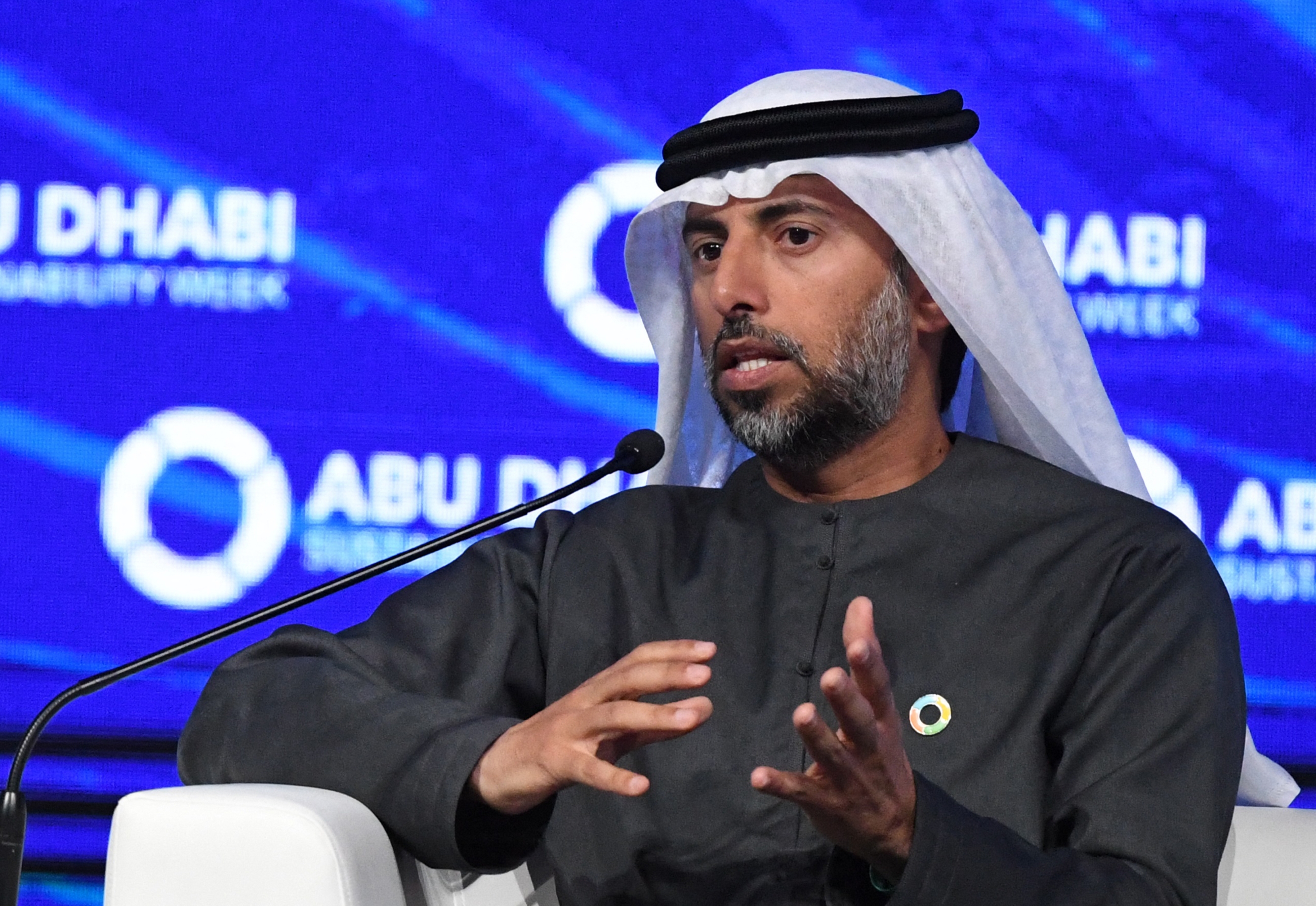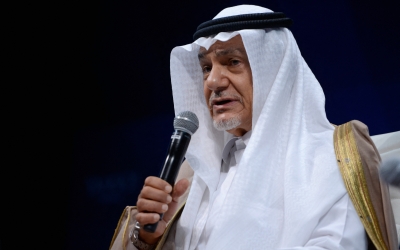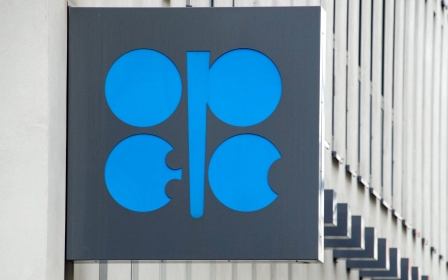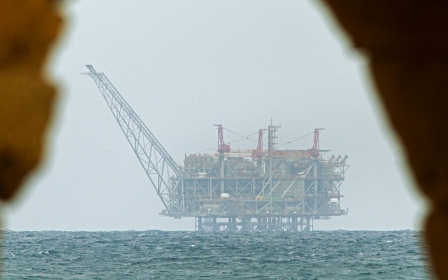UAE energy minister warns US 'Nopec' bill could spike oil prices by 300 percent

A senior UAE official has criticised a bill floated in the US Congress that would potentially open up the oil cartel Opec and countries working with it to lawsuits for collusion on rising crude oil prices.
Energy Minister Suhail al-Mazrouei said on Tuesday that Opec was being unfairly targeted over the energy crisis, as he warned that passage of the bill, known as "Nopec", could disrupt the industry's long-standing system of production and send prices up to 300 percent higher.
"If you hinder that system, you need to watch what you're asking for, because having a chaotic market you would see… a 200 percent or 300 percent increase in the prices that the world cannot handle," Mazrouei told a panel at the World Utilities Congress in Abu Dhabi.
A US Senate committee last week passed the bipartisan No Oil Producing and Exporting Cartels bill (Nopec), sponsored by Republican Chuck Grassley and Democrat Amy Klobuchar, with a 17-4 majority.
"I believe that free and competitive markets are better for consumers than markets controlled by a cartel of state-owned oil companies ... competition is the very basis of our economic system," Klobuchar said in a statement at the time.
New MEE newsletter: Jerusalem Dispatch
Sign up to get the latest insights and analysis on Israel-Palestine, alongside Turkey Unpacked and other MEE newsletters
Versions of the legislation have failed in Congress for more than two decades. But last week's vote shows how rising energy prices have galvanised support for the measure.
The bill, which will need to pass the full Senate and House and be signed by President Joe Biden in order to become law, would change US antitrust law to revoke the sovereign immunity that has long protected Opec and its national oil companies from lawsuits.
Supply constraints stemming from decreases in pandemic era production, and more recently Russia’s invasion of Ukraine, have sent oil prices skyrocketing. Higher gas prices have also become a focal point in the US's upcoming November midterm elections.
The US has stopped buying Russian oil in response to the invasion, while in recent weeks Europe has moved closer to its own ban.
Mazrouei warned that the moves could lead to more upward pressure on prices beyond the scope of what Opec could address.
"Extreme volatility is not because of supply and demand, it's because some don't want to buy certain crudes and it takes time for traders to move from one market to another," he said.
"The idea of trying to boycott certain crude is going to be risky regardless of the motives behind that."
'Wait and see'
Opec, which is dominated by Saudi Arabia and other Gulf states, has refused to increase production levels despite the price rally, instead sticking to a deal with Russia to only marginally increase supply.
Besides Gulf producers, the Nopec bill is also opposed by the American Petroleum Institute (API), a top oil and gas lobbying group.
In a recent letter to senators, the API warned that Nopec "creates significant potential detrimental exposure to US diplomatic, military and business interests while likely having limited impact on the market concerns driving the legislation".
When asked on Tuesady whether he was worried if Nopec would open members of Opec and its partners to antitrust laws, Mazrouei cited domestic US opposition.
"I'm not concerned about it for a basic reason there is a debate on Nopec in the US. We need to wait and see," he said.
Middle East Eye delivers independent and unrivalled coverage and analysis of the Middle East, North Africa and beyond. To learn more about republishing this content and the associated fees, please fill out this form. More about MEE can be found here.





